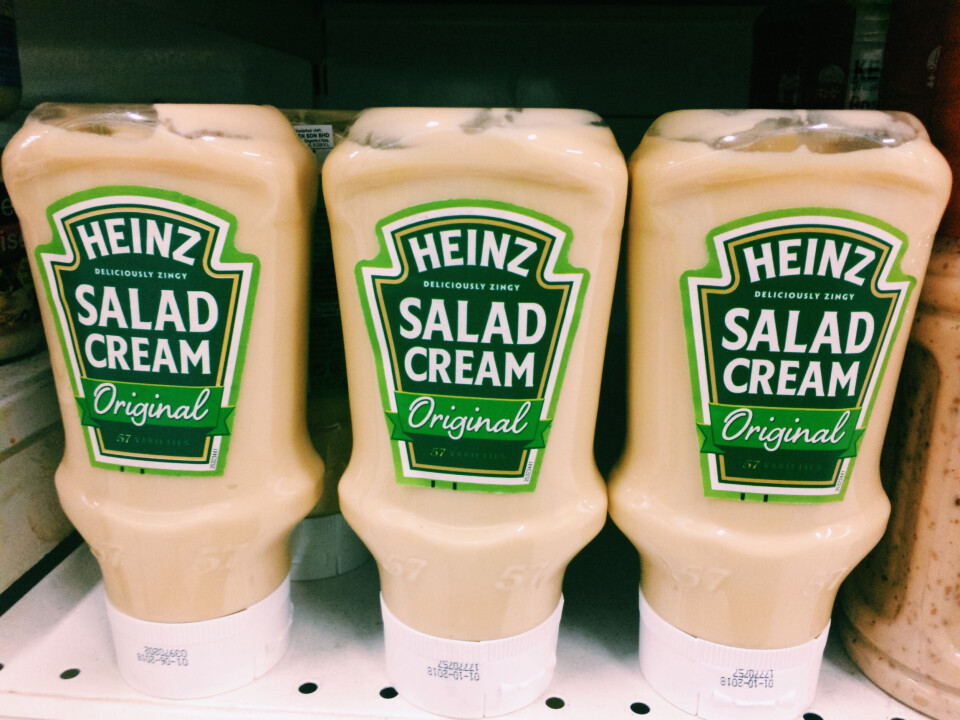-
How can I find out who the owner of a property is in France?
There are a few methods you can use to ascertain ownership
-
Will we have to pay back any of the French Aspa pension top-up money we have received?
Benefit may become repayable after the recipient’s death
-
Does the French 2021 forced heirship law apply to non-residents’ second homes?
Whether it is applicable depends on the family situation
Horlicks, peanuts, salad cream… What can I bring to France from UK?
The EU’s rules on bringing food with you from non-EU countries can be confusing. We look at some recent examples sent in

Reader question: I plan to visit France soon and would like to know what foods I can take with me, such as peanuts, marmite, Horlicks, salad cream...
Brexit has brought these new considerations, which relate to import restrictions into the EU for certain categories of foods.
In particular, the restrictions concern meat and dairy, and fresh fruit and vegetables.
For example, you cannot bring in slices of ham, or yoghurt, apples or tomatoes etc.
The main reason for this relates to animal health and phytosanitary rules meant to avoid bringing in any animal or plant-related diseases and pests.
To bring such items you could be asked for a veterinary or plant health certificate, which requires a special paid-for inspection and is not practical for a ham sandwich or Greek yoghurt in your handbag…
There are certain exceptions for powdered baby milk and special foods required for medical reasons as long as they do not need refrigeration and are packaged, branded products.
There are also a few other specific exceptions such as for a certain quantity of fish and shellfish, as well as honey.
Checks can be made at EU entry points to see people are not carrying anything not allowed.
With regard to the items you mention, the French Douanes Info Service said that sealed shop-bought packs of roasted, salted peanuts would be acceptable, though not for example fresh peanuts in the shell, which would fall under the fresh vegetables rule.
Marmite should not pose a problem as it is made up only of processed vegetable ingredients such as yeast and vegetable extracts. It contains no milk, meat or fresh vegetables.
The same applies to salad cream, which despite its name does not typically contain any dairy, but only processed ingredients of vegetable origin, such as vinegar, oil, sugar etc. It also contains a small amount of dried egg, but eggs are acceptable as they fall under neither the meat nor the dairy rules.
Finally, a European Commission spokesman on public health and food safety said Horlicks is likely to pose a problem because it contains powdered milk.
He directed us to EU regulation 2019/2122 which states in Annex 1, Part 2 that there are no exemptions for food preparations that include milk.
If in doubt the French Douanes Info Service is a fairly helpful port of call for questions on matters such as this, and offers to take calls in English: Telephone 0800 94 40 40, 8:30 to 18:00 Monday to Friday.
Previous articles
France-UK duty-free allowances: Are they per person if you are in a car?
Rules for bringing teabags in to France post-Brexit
Are gluten-free foods acceptable for import to France based on a health reason?
























